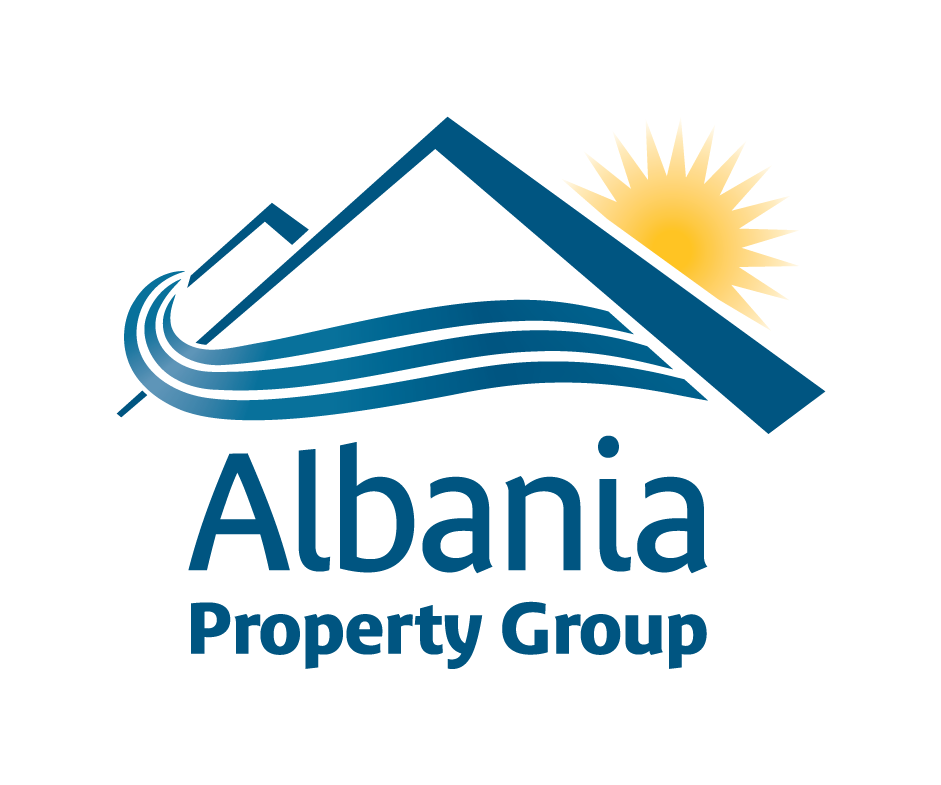

Beaches, mountains, ancient towns and low prices? Albania has it all
Beaches, mountains, ancient towns and low prices? Albania has it all - 2023-01-14
It used to be rare that journalists would come here,” says Elton Caushi, head of tour operator Albanian Trip, who I meet in the capital, Tirana. “When they did come, they only wanted to talk about blood feuds and sworn virgins.”
The traditions that once dominated tribal politics in Albania’s mountains are interesting, but I’m here to probe a more recent view of the south-east European country. Thanks to its beaches, Unesco-stamped cities and hiking routes, formerly communist Albania is being lauded as a “hot new” European travel destination beyond backpacking and dark tourism.
For decades, Albania had a reputation as a dangerous, no-go country, thanks largely to its being politically isolated under dictator Enver Hoxha, who died in 1985. After Albania’s 1997 civil war and the end of the Kosovo war in 1999, more visitors gradually started coming to Albania, attracted partly by prices lower than in Greece and Italy. In 2009, 1.9 million tourists travelled to Albania; in 2019, the last full pre-Covid year, the figure was 6.4 million.
The food here may be a factor in this shift. I’m with Caushi in a nameless restaurant at 1001 Bardhok Biba, a street close to the city centre. “The tourists haven’t found it – it’s mainly drivers eating here,” he says. I breakfast on sumptuous tasqebap – a soupy mix of veal, garlic, onions and tomato sauce – before Caushi takes me for 9am dessert at Mon Amour, a Parisian-style patisserie. We pay a non-Parisian 390 lek (£2.80) for coffee and baklava pastries with ice-cream.







